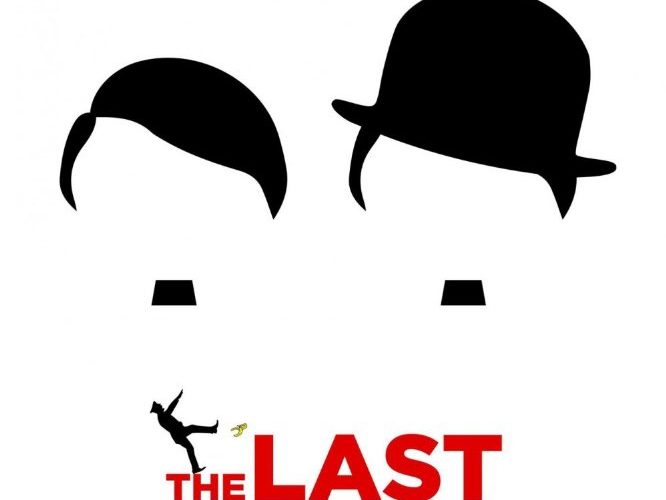George Carlin had a famously controversial stand-up routine, in which he attempted to prove rape can be funny. Taken at face value, and especially if you aren’t familiar with Carlin, this sounds like it could be a shock-value gag. In delivery, it is not, and by the end of the act – which is a thinly veiled rant against political correctness — his point resonates.
But are some topics truly off limits? This is the compelling question of Ferne Pearlstein’s The Last Laugh, a documentary that questions whether the Holocaust is something that can ever be a source of humor.
Pearlstein interviews many noteworthy figures from the comedy world — Mel Brooks, Gilbert Gottfried, Sarah Silverman, David Cross, Rob Reiner and Carl Reiner, to name but a few – and what’s surprising is the disparity in their opinions on the subject. For example, one might be surprised to hear Brooks opine that the Holocaust isn’t suitable to be joked about, considering he wrote The Producers. Towards the end of the film he refuses to even entertain the concept. But his logic, as he explains it, makes sense: you can laugh about the Nazis, but not their victims.

Silverman, on the other hand, seemingly disagrees. (In fact, while introducing Brooks at an AFI event in 2014, Silverman cracked a Holocaust joke that, in the documentary, Brooks begrudgingly admits he laughed at.) Comedy Central roastmaster Jeffrey Ross sides with Silverman, too. “Auschwitz is a funny punchline,” he contends. “Not a funny topic, but a funny punchline.”
There is the idea put forth that the context of the joke matters, which might sound like common sense, but can often be overlooked. Gilbert Gottfried, who was fired as the voice of Aflac after joking on Twitter about the Japanese tsunami in 2011, knows a thing or two about this. In an interview surrounding the release of the documentary, he discussed the label of “tasteless commenter” versus a comedian. This idea of context pops up again during an interview with Rob Reiner, where he defends All in the Family’s Archie Bunker, essentially arguing that Bunker was a character to be laughed at, not with, but who unfortunately may have been perceived by some viewers as a reinforcement of their own bigotry rather than a subversion of it.
In one of the documentary’s most intriguing sections, Mel Brooks and Gilbert Gottfried both bash Life is Beautiful, Roberto Benigni’s 1997 Oscar-winning film about a man who tries to survive the Holocaust by using humor as a coping mechanism. Brooks lambasts the film, calling it the “worst ever made,” while Abe Foxman, of the Anti-Defamation League, can’t praise it highly enough.
Yet Foxman is not a fan of the kind of humor that Larry Charles (Borat, Curb Your Enthusiasm) employs, which he perceives as damaging to the Jewish community. He also takes issue with Joan Rivers, who infamously landed in hot water after making a Holocaust joke on television in 2013. “She’s not here to defend herself,” he admits — but the way Pearlstein edits this sequence of the film has Rivers sort of sparring against Foxman from the grave, and as well-constructed integration of archival footage, it’s quite entertaining to watch.

But The Last Laugh is more than just a collection of interviews (no matter how fascinating many of them are), as it finds an emotional core in the story of Holocaust survivors such as Renee Firestone, who lost her sister to medical experimentation during her time in the concentration camps, and yet seems to be an effusive, lively spirit, even with all that she has been through. One of Pearlstein’s more effective ideas behind the camera is to show Firestone reacting to some of the interviewed comedians’ more controversial jokes — for example, she watches Silverman’s stand-up act on YouTube. In doing this, Pearlstein provides a balance to these various perspectives, and deepens the film’s meditative probing of why context and subjectivity can be so integral to whether or not a joke is funny.
The Last Laugh explores the concept of joking about other taboo topics, too, such as homophobia, racism, and 9/11. The ultimate message to take away is that humor can help to heal wounds and bring people together, just as easily as it can be used to denigrate and divide. There is no uniform answer to whether a joke is funny or not, but Pearlstein has done a superlative job of exploring the reasons for why that is.
The Last Laugh is now in limited release.

